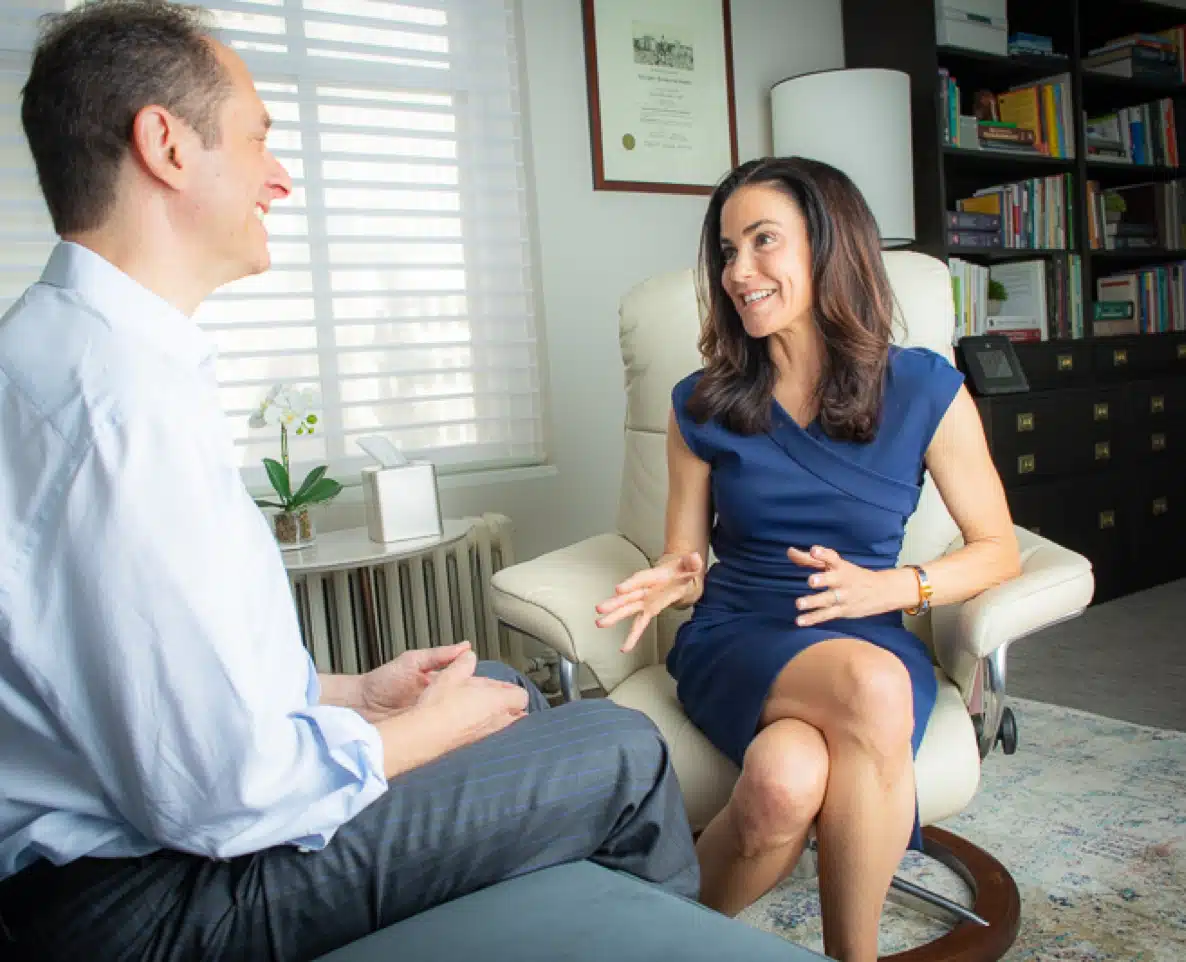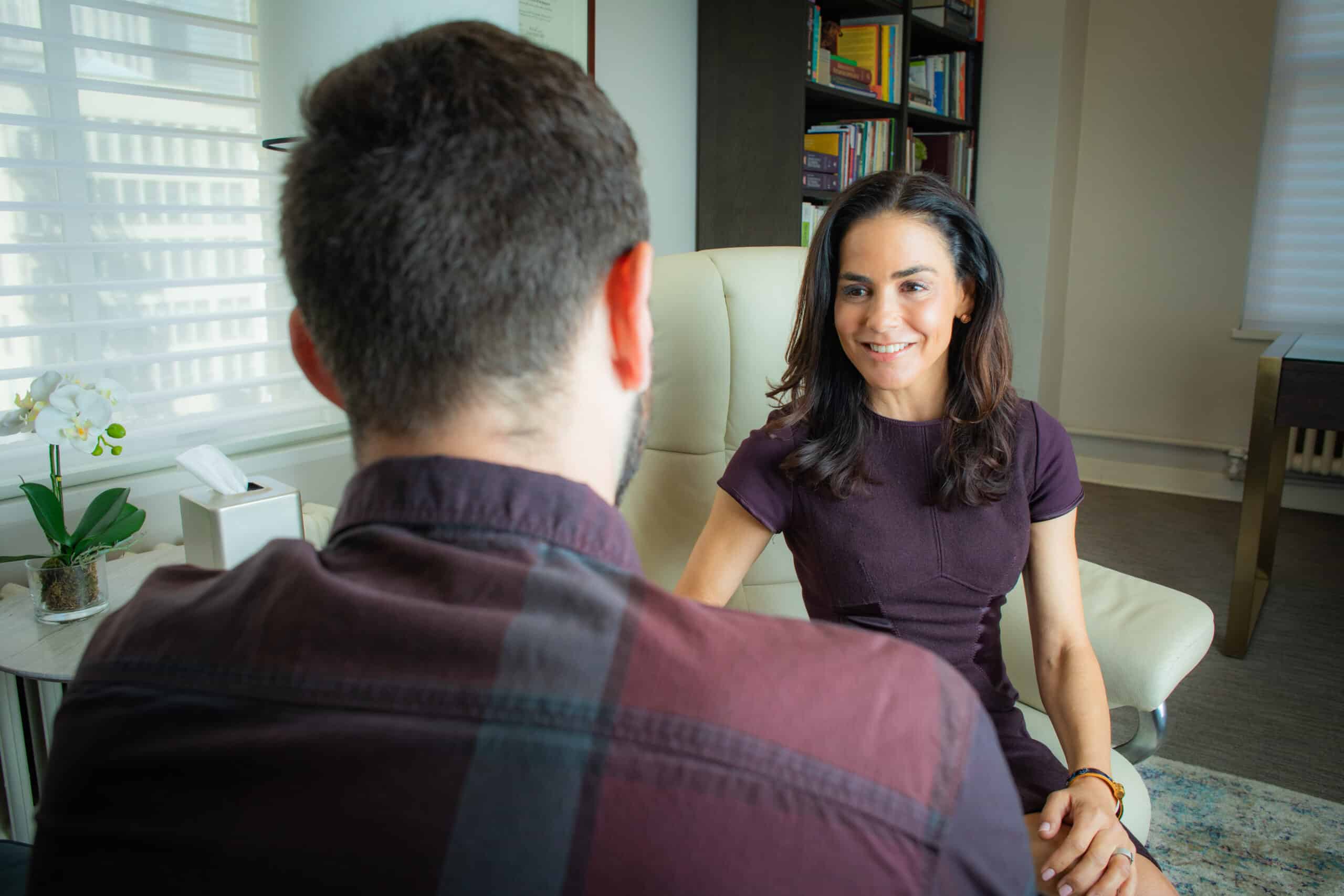Our Specialities Include:

What can I expect from my first meeting?
At TMP, therapy is a collaborative process.
Our first objective is to make you feel comfortable and meet you wherever you are emotionally. We will work together to understand what brought you to therapy and what it’s like to be in your shoes. Next, we will help you define what you value most and envision a life where you are better equipped to handle the challenges that come your way. You and your therapist will decide how often you will work together, what you can do between sessions to maximize your experience, and assess how well your progress is being met while continually guiding you towards a fuller and more satisfying life.
The Key Ingredient to Successful Psychotherapy
We know that the “therapeutic alliance,” or the quality of the relationship between you and your therapist, is the foundation of successful treatment. This match is essential to creating a safe space to freely discuss your most confidential feelings, thoughts, and emotions. The therapeutic relationship is not the same as a friendship, even with a friend who is a good listener. With this in mind, right from the start, we pay close attention to choosing the right clinician for you and have honed a process to find you a match based on your personal style, clinical needs, and other factors you find relevant.

Our Process
Connect
Schedule a complimentary 15-minute consultation with our highly trained Clinical Coordinator, Alli Malamut, by either:
- Call or text us at:
212-286-8801 - Email us at:
info@midtownpractice.com - Or complete the form below
Get matched
In order to find you an ideal fitting clinician or therapist, our Clinical Coordinator will want to learn more about you. Specifically, it would be helpful to hear about your concerns, personal preferences, and any relevant logistical matters (for example, in-person or video sessions? best time or day to meet?)
Check the fit
Connect with the clinician or therapist you are matched with to ask questions, share history, and make sure you feel comfortable about moving forward. If so, book your first session. If it does not feel right, circle back with us.
Schedule time to meet with your new clinician or therapist and work towards living a more fulfilling life! Over the years, we’ve found our thoughtful matching process is the surest way to find you an ideal clinician or therapist and achieve the best outcome for you.
Tell us about yourself to get started



